A bipartisan line-up of former US presidents and senior officials gathered at the National Cathedral in Washington, DC, to mark the passing of Dick Cheney, the vice president whose influence reshaped American power in the post-9/11 era and whose name remains inseparable from the Iraq war. Cheney died on November 3 at the age of 84.
The pews reflected the political weight of the moment: Kamala Harris, Joe Biden, Hillary Clinton and Mike Pence were all present. Donald Trump and Vice President JD Vance were notably absent, reportedly not invited, a quiet signal of just how polarising Cheney’s legacy remains.
George W Bush, the president he served under from 2001 to 2009, offered a warm tribute.
“It’s something to be cherished when a man of his calibre has been your colleague and friend,” Bush said. “We’re grateful for his good life, we honour his service, and we pray that somewhere up the trail we will meet him again.”
The ceremony itself largely avoided direct engagement with the most controversial chapters of Cheney’s career, particularly the invasion of Iraq, which he helped drive through aggressive messaging around “weapons of mass destruction” that were never found. Those policies would come to define not only his reputation but an entire era of American foreign policy.
Born in Nebraska and raised in Wyoming, Cheney rose fast. By 34, he was chief of staff to President Gerald Ford. He later served as defence secretary under George H.W. Bush and spent a decade in Congress before becoming perhaps the most powerful vice president in modern US history.
After the September 11 attacks, Cheney championed an expanded executive branch, aggressively pushing the logic of pre-emptive war, detention without trial, enhanced interrogation and mass surveillance. He defended those measures long after public opinion turned, arguing they were necessary for national security.
At the cathedral, the focus was on service and statecraft — not the human cost of the Iraq war or the legal and moral controversies that still shadow his record. The contrast was striking: a polished farewell for a man whose decisions helped redefine global geopolitics and left lasting scars across the Middle East.
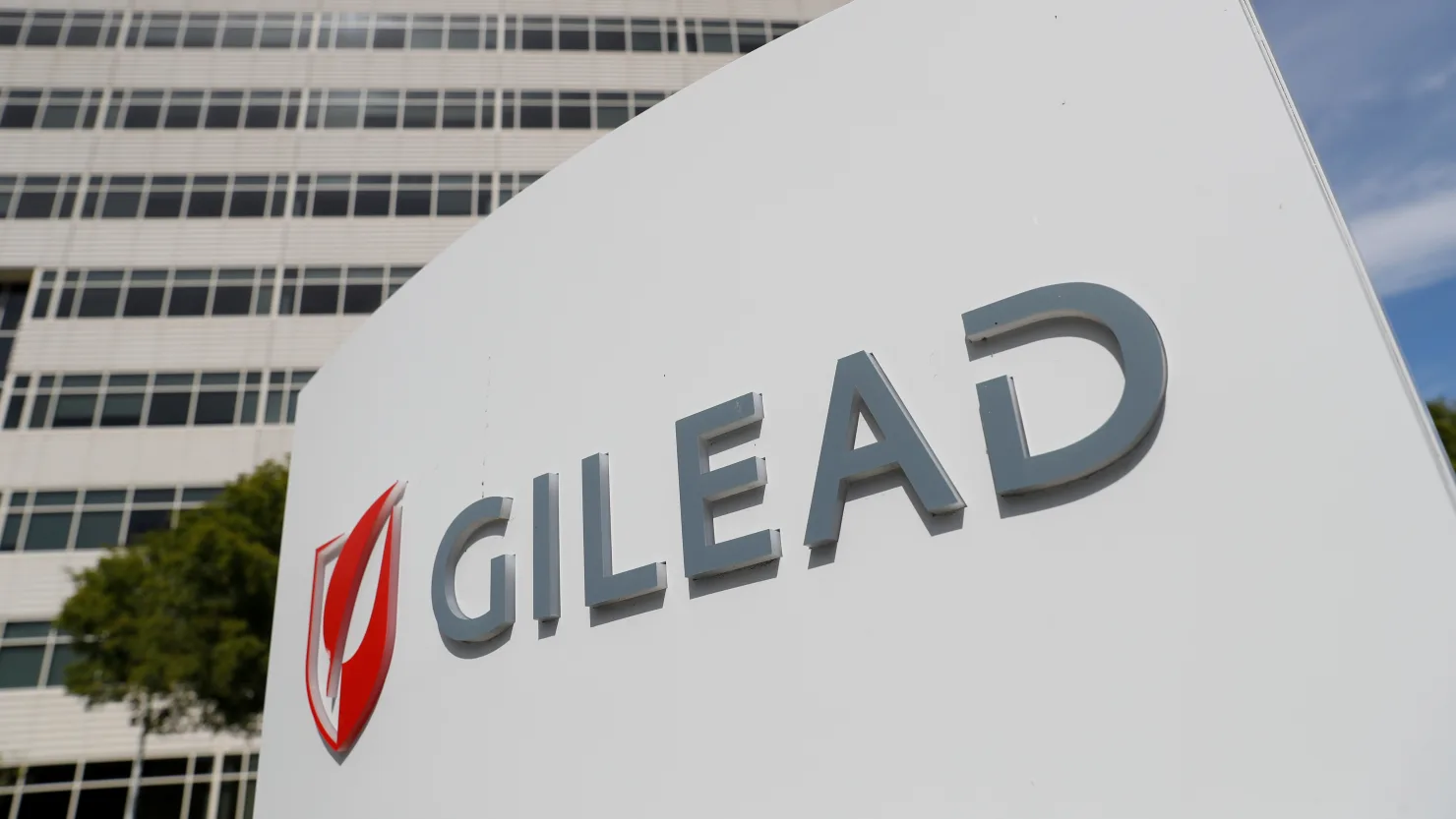

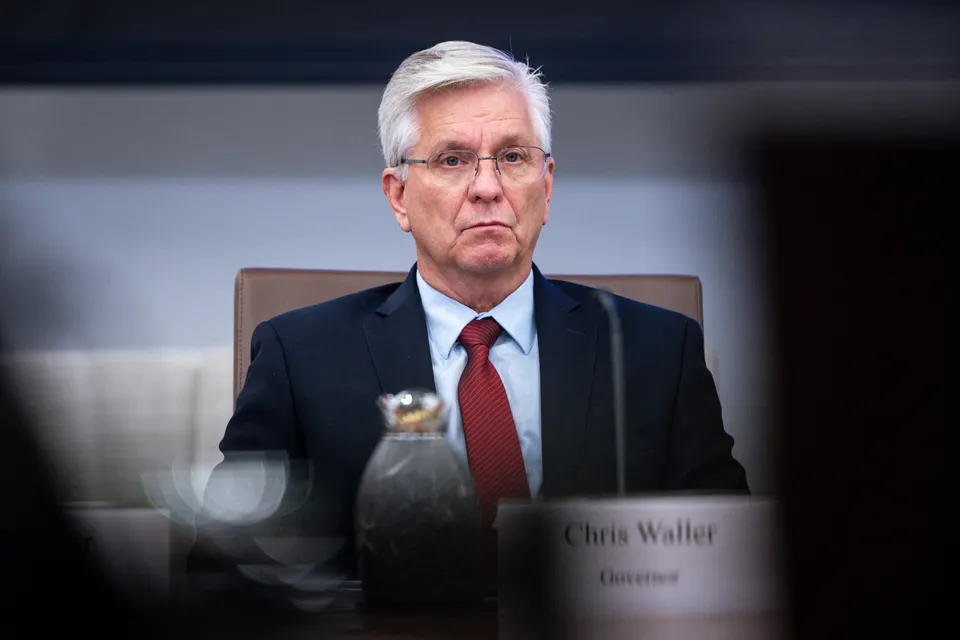
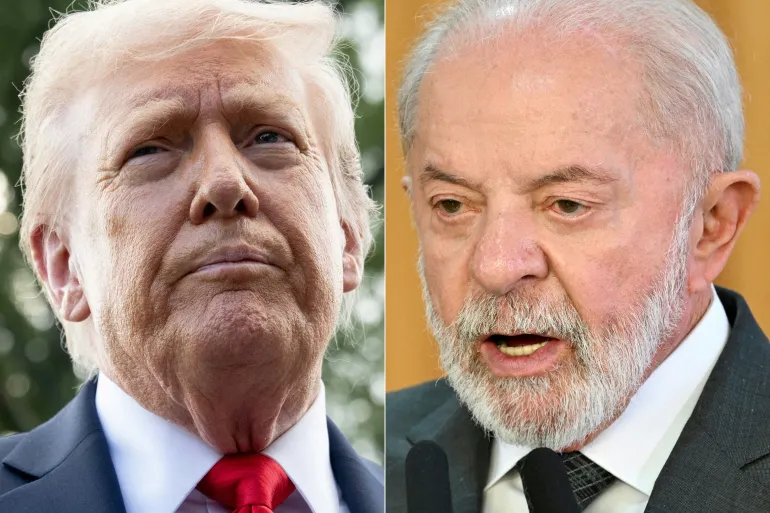
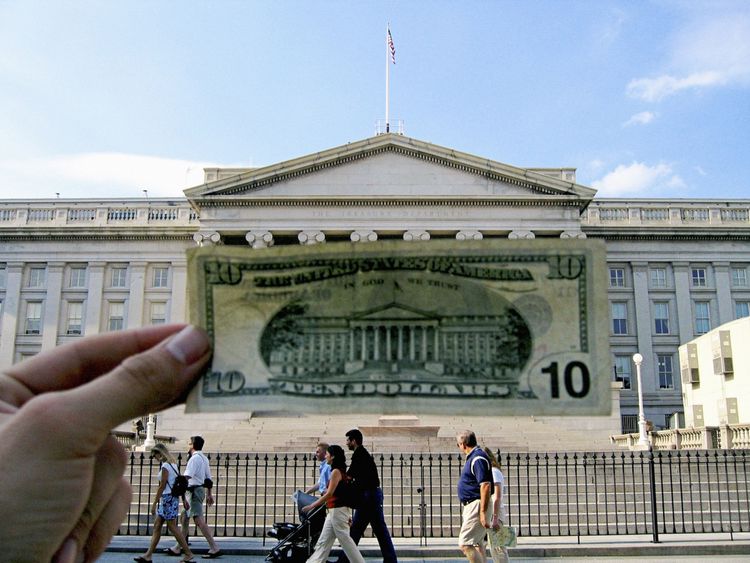
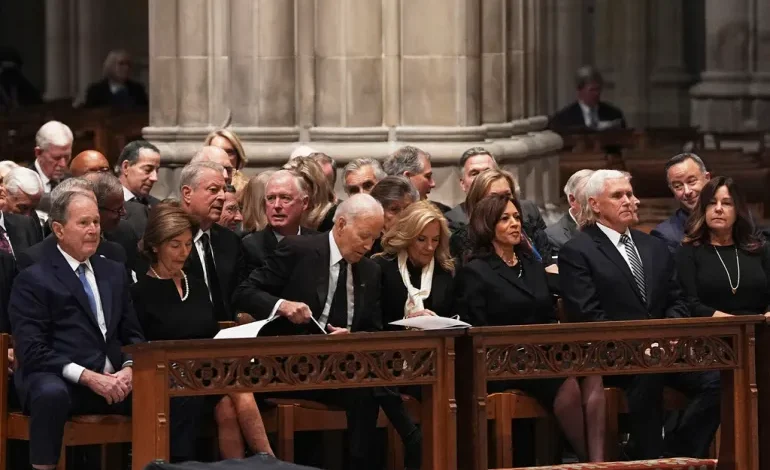




The latest news in your social feeds
Subscribe to our social media platforms to stay tuned